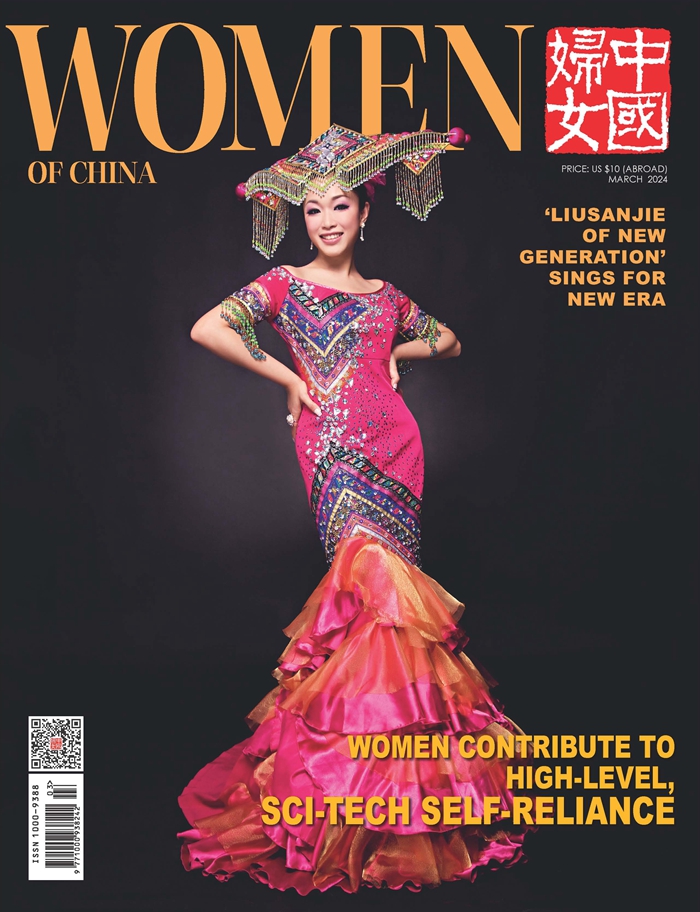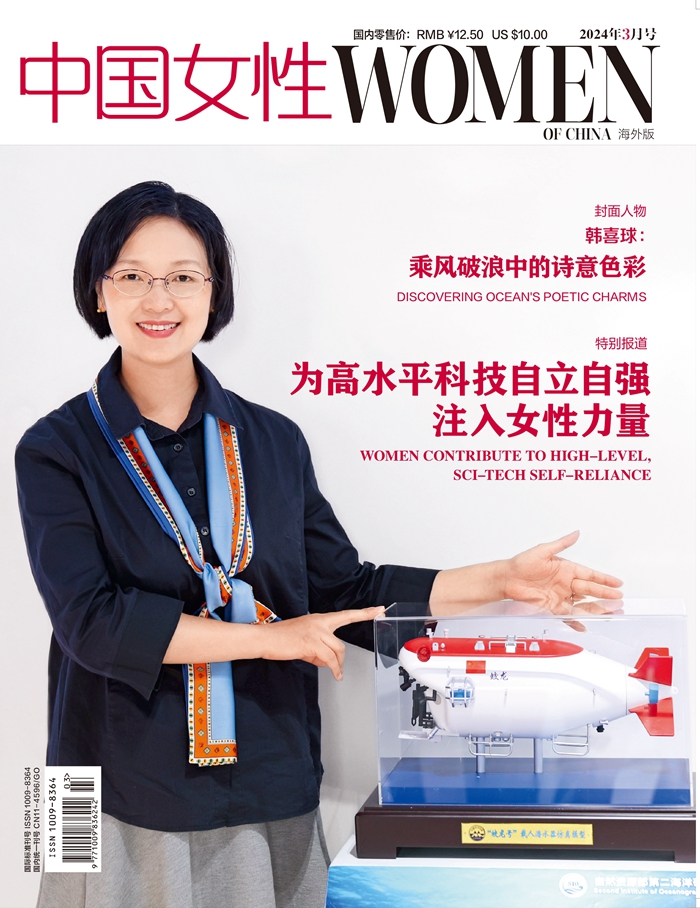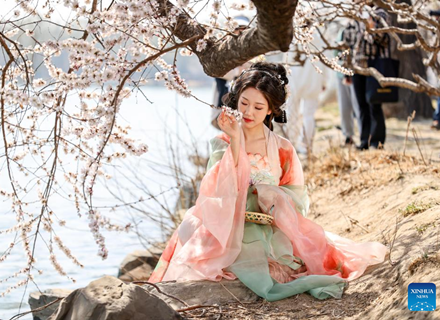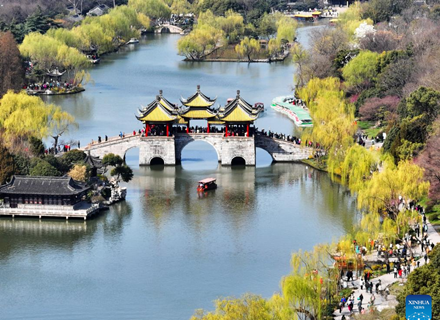Costume Theater
Kunqu Opera company is set to present spring-to-summer performances, Chen Nan reports.
Northern Kunqu Opera Theater, a renowned professional troupe in northern China dedicated to the traditional art form that dates back to some 600 years, will present three performances at the Forbidden City Concert Hall in Beijing from April to June.
Highlights of the performances will include excerpts from classic pieces, such as The Palace of Eternal Life written by playwright Hong Sheng of the Qing Dynasty (1644-1911), Romance of the West Chamber written by playwright Wang Shifu of the Yuan Dynasty (1271-1368) and The Peony Pavilion written by playwright Tang Xianzu of the Ming Dynasty (1368-1644).
On April 20, the theater will bring excerpts from The Phoenix Mountain, a play written in the late Ming Dynasty.
It tells the story of a beautiful princess assisting her father in plotting a coup and falling in love with a young man, named Hai Jun, who is sent by the emperor's enemy to spy on the emperor. The princess gives Hai a sword as a token of love and later Hai helps the emperor foil the enemy's plans.
On May 2, audiences will enjoy The Story of Jade Hairpin, a romantic love story written by Ming Dynasty playwright Gao Lian. On June 21, The Palace of Eternal Life and The Peony Pavilion will be staged, both exploring the theme of eternal love.
"All of the Kunqu Opera pieces are about love, romantic and poetic," says award-winning actress Wei Chunrong.
Wei will play the role of Du Liniang in The Peony Pavilion, which shows the leading character falling asleep after visiting a beautiful peony pavilion in her home and dreams of Liu Mengmei, a young scholar she has never met. She wakes in despair and asks the flower goddess to find her love. Unable to find him, Du dies of a broken heart. Liu turns out to be a real person, who discovers a portrait of Du and falls in love with her. He finally meets his love after Du returns to life again.
"The ancient art form, which combines singing, dancing and acting, is a great interpreter of love stories, thanks to its slow-paced melodic singing, poetic verses and graceful movements," says Cao Ying, deputy director of the theater.
"It's said that Kunqu Opera nurtured and nourished Chinese opera and earned a reputation as 'the ancestor of hundreds of Chinese operas'," says Cao, adding that the traditional art form has seen a revival after it was listed as an intangible heritage of humanity by UNESCO in 2001.
"Many young people are fans of Kunqu Opera, which will help keep the old art form alive."
To widen the fan base and allow more people to understand Kunqu Opera, the theater will combine introductions before each of the shows at the Forbidden City Concert Hall.
Besides portraying love stories, Kunqu Opera pieces also tell stories full of traditional Chinese values, such as loyalty, patriotism and honesty, says Xu Jian, general manager of the Forbidden City Concert Hall, co-organizer of the series of performances.
(Source: China Daily)
Please understand that womenofchina.cn,a non-profit, information-communication website, cannot reach every writer before using articles and images. For copyright issues, please contact us by emailing: website@womenofchina.cn. The articles published and opinions expressed on this website represent the opinions of writers and are not necessarily shared by womenofchina.cn.








 WeChat
WeChat Weibo
Weibo 京公网安备 11010102004314号
京公网安备 11010102004314号